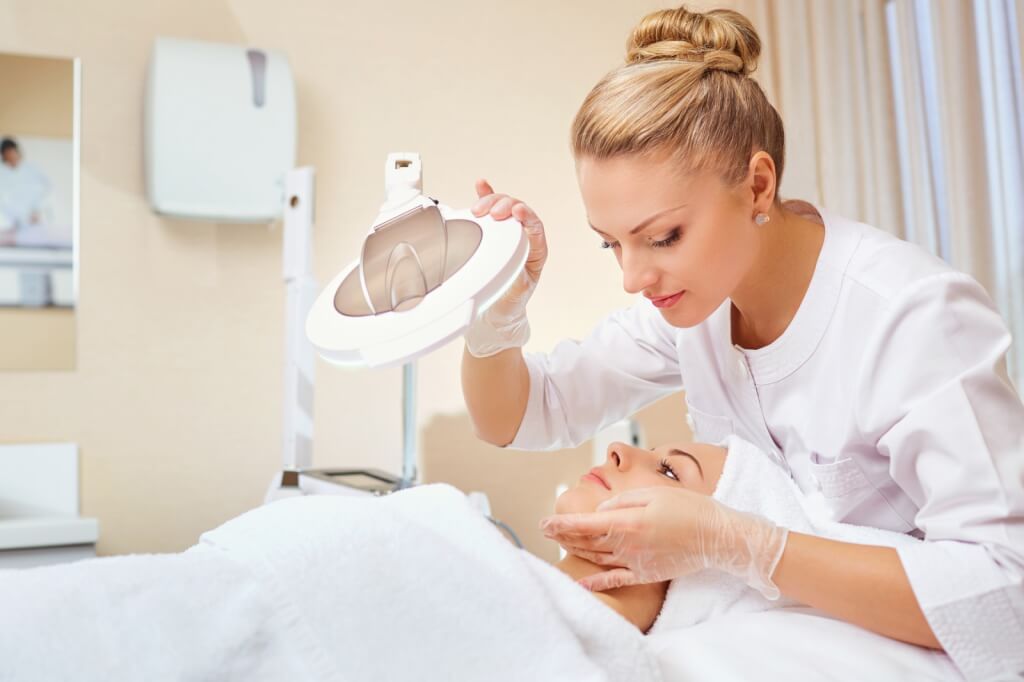Educational program on PMS: what is premenstrual syndrome, how to alleviate and treat it
'03.03.2022'
Source: Burning hut
Doctor endocrinologist, journalist and popularizer of science Evdokia Tsvetkova sorted out all the available information about premenstrual syndrome (PMS) and how it can be alleviated. Yes, he really exists, writes Burning hut.

The text uses the word “woman” for convenience, but not all menstruating people with PMS identify themselves this way.
What is PMS
Premenstrual syndrome is a set of physical and psycho-emotional symptoms that regularly occur in women one to two weeks before the onset of menstruation.
Premenstrual changes in the body cause concern in 12–20% of women from the beginning of menstruation to the onset of menopause. According to other sources - every third.
Typical symptoms of premenstrual syndrome:
- irritability,
- anger,
- mood swings
- depression,
- anxiety or worry
- bloating,
- chest pain
- fatigue.
On the subject: The syndrome of the old maiden: how it affects the body
However, they can vary greatly depending on the individual characteristics of the organism. At the level of emotional and behavioral changes, tension or anxiety, depression, tendency to cry, mood swings and irritability, changes in appetite, insomnia, difficulty concentrating, changes in libido can occur.
At the level of physical symptoms: joint or muscle pain, headache, fatigue, weight gain associated with fluid retention, bloating, breast tenderness, acne, constipation or diarrhea, changes in alcohol tolerance.
Physical and psychological manifestations can be combined.
In some women, these symptoms recur monthly and last an average of 6 days a month for most reproductive years.
Premenstrual dysphoric disorder, or PMDD, is a more severe form of PMS that occurs in 3–6% of women of reproductive age. With PMDD, all manifestations are significantly pronounced; panic attacks, suicidal thoughts can also disturb.
Physiology or psychology
There is a lively debate about whether premenstrual syndrome is a disease (that is, a physiological feature of the body) or whether it is associated with psychological and social aspects. Sometimes the very fact of its existence is even questioned.
On the subject: What vitamins are needed for women at different ages: a useful guide
We have not yet come to a consensus on what exactly causes PMS, but it is possible that the following factors influence this condition:
- Cyclic changes in the ratio of sex hormones. When they gradually stop being produced and menopause occurs, PMS also disappears.
- Fluctuations in the level of the neurotransmitter serotonin. It is believed that not enough serotonin can cause premenstrual mood depression, as well as fatigue, increased appetite, and trouble sleeping.
- Family history - PMS from mom, grandmother.
- A woman's personal history of depression (seasonal affective disorder, postpartum depression, anxiety and panic disorders, a history of clinical depression, undiagnosed depression).
Psychological factors also include stress levels, neuroticism, and coping strategies (what a person does to cope with stress).
There is evidence of a possible connection between PMS and PMDD with calcium-phosphorus metabolism, but its mechanisms are not yet clear.
How to understand that I have PMS
There is no single test for diagnosing PMS. It is a diagnosis based on discussing your concerns with your doctor. However, there are some strategies your doctor can use to diagnose PMS.
PMS Symptom Diary
Your doctor may ask you to keep a diary to assess the frequency and severity of your symptoms. By doing this, you can see if there is any connection between your menstrual cycle and symptoms. As a rule, to draw clear conclusions, you need to keep a diary for several months.
Sometimes women are surprised to find that the symptoms do not change depending on the phase of the cycle. This may be a manifestation of undiagnosed depression and/or anxiety. In this case, making the correct diagnosis will be an important first step to improving well-being.
Thyroid testing
Some of the symptoms of PMS overlap with thyroid disease, so your doctor may order a blood test to evaluate how well it is working.
On the subject: 'Delay and test are not a guarantee': the gynecologist told how to determine early pregnancy
Treatment
A specialist who understands the topic and is familiar with modern research, after passing the necessary tests, can offer the following treatment options:
- antidepressants;
- oral contraceptives containing drospirenone (they even help with PMDD);
- cognitive behavioral therapy;
- calcium preparations.
There are also drugs that "turn off" ovulation and menstruation at the pituitary level, but taking them can cause serious side effects: absence of menstruation, hot flashes, increased frequency of urinary infections, mood swings, breast tenderness, depression, and problems with concentration.
Important - combined oral contraceptives containing estrogen and progestin (for example, Lindinet) are not effective for PMS and PMDD. Correction of vitamin D deficiency, intake of vitamin B6, magnesium, L-tryptophan - too.
On the subject: Why obstetricians-gynecologists yell at women in labor and give birth themselves without husbands: a doctor's story
What you can do yourself:
- maintain regular physical activity;
- eat healthy and balanced;
- get enough sleep (for most people, this is 7 to 8 hours);
- try to reduce stress levels by doing yoga or meditation;
- for pain, take pain relievers (for example, ibuprofen or paracetamol);
- keep a diary of your symptoms for at least two or three menstrual cycles (as we wrote above, you can take it to a doctor's appointment if necessary, plus it helps to keep track of the situation yourself).
What not to do:
- to smoke;
- Drinking too much caffeine
- drinking too much alcohol.
Original column published https://www.izakayasushilounge.com Burning hut
The material is published for educational purposes and is not a recommendation. ForumDaily Woman is not responsible for any diagnosis made by the reader based on the materials of the site, as well as for the consequences of self-medication, and may not share the point of view of the author or expert.







